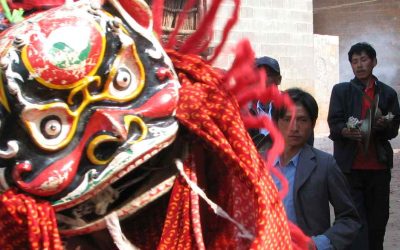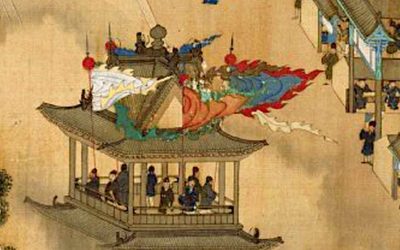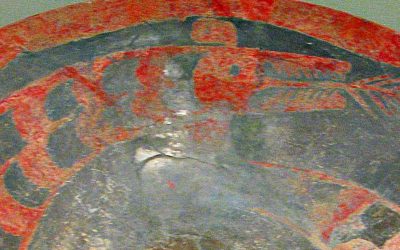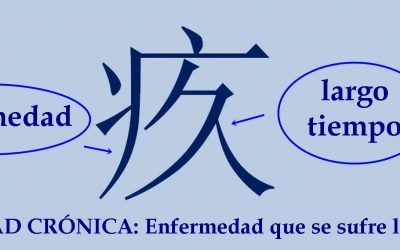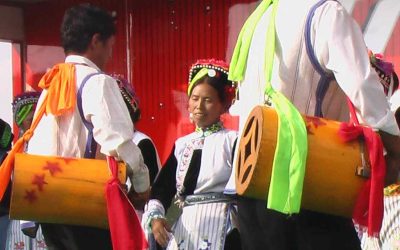Peter Harvey. Buddhism: Teachings, History and Practices. Cambridge University Press. 2013.
(Excerpts from the book. Page 11 and ff.)
In its origin, Buddhism was a Samana-movement. Samanas were wandering ‘renunciant’ thinkers who were somewhat akin to the early Greek philosophers and mystics. The Samanas rejected the Vedic tradition and wandered free of family ties, living by alms, in order to think, debate and investigate. The main Samana groups of Buddha’s time were:
JAINS
Jainism was founded, or at least led in the Buddha’s day, by Vardhamāna the Mahāvīra, or ‘Great Hero’. It teaches that all things, even stones, are alive, each containing a Jīva, or ‘Life-principle’. These are seen as individually distinct, rather like the Western idea of a ‘soul’ but unlike the universal Ātman of the Upanisads, and to be naturally bright, omniscient and blissful. The aim of Jainism is to liberate one’s Jīva from the round of rebirths by freeing it from being weighed down by an encrustation of karma, seen as a kind of subtle matter. The methods of doing so are primarily austerities such as fasting, going unwashed and pulling out the hair, so as to wear out the results of previous karma, and self-restraint, total non-violence to any form of life, and vegetarianism, so as to avoid the generation of new karma. The free-will of the Jīva is emphasized, though even actions such as unintentionally killing an insect are held to generate karma.
AJIVIKAS
Their founder was Makkhali Gosāla (Skt Maskarin Gośāla). Gosāla’s key doctrine was that niyati, or impersonal ‘destiny’, governed all, such that humans had no ability to affect their future lives by their karma: actions were not freely done, but were determined by niyati. Gosāla thus believed in rebirth, but not in the principle of karma as that which regulates the level of a person’s rebirth. The ‘Life-principles’ of living beings are driven by niyati alone through a fixed progression of types of rebirths, from a low form of animal to an advanced human who becomes an Ājīvika ascetic. The Ājīvikas practised rigorous asceticism such as fasting, nakedness and perhaps also disfiguring initiations, and aimed to die by self-starvation (as Vardhamāna in fact did), as a fitting way to end their last rebirth.
MATERIALISTS
The Materialists’ aim was to lead an abstemious, balanced life which enjoyed simple pleasures and the satisfaction of human relationships. They denied any kind of self other than one which could be directly perceived, and held that this was annihilated at death. They therefore denied the idea of rebirth, and also those of karma and niyati. Each act was seen as a spontaneous event without karmic effects, and spiritual progression was not seen as possible.
SKEPTICS
The Skeptics responded to the welter of conflicting theories on religious and philosophical issues, and the consequent arguments, by avoiding commitment to any point of view, so as to preserve peace of mind. They held that knowledge on such matters was impossible, and would not even commit themselves to saying that other people’s views were wrong. The Buddha saw this evasive stance as ‘eelwriggling’, though he shared the wish to step aside from the ‘jungle’ of conflicting views, and avoid dogmatic assertions built on flimsy grounds.
More posts on Chinese culture
La danza del león como Danza religiosa.
LA DANZA DEL LEÓN DESCRITA POR BERTHOLD LAUFER Los bailes del león aparecieron por primera vez en China bajo la dinastía Tang (618-906 d.C.), e hicieron su debut en la corte de los reyes del Tíbet más o menos al mismo tiempo. La danza de los leones representa una...
Los Miao Floridos en Zhaotong
Los Miao Floridos en Zhaotong Como lo describe E. G. KEMP en “The Face of China”. Nueva York. 1909. Llegamos a la ciudad prefectural de Zhaotong después de pasar por una llanura sin brillo, a través de la cual soplaba un viento penetrante, característico de este...
La instrucción y los grandes exámenes a principios del siglo XX
La instrucción y los grandes exámenes En China, todos los estudios se realizan casi exclusivamente en los campos de la literatura y la historia: Si es un buen alumno, puede presentarse a los exámenes anuales, luego tomar las tres pruebas de la gran competencia trienal...
Taosi. La primera capital de China
Taosi. La primera capital de China Taosi es uno de los descubrimientos arqueológicos más importante de China en las últimas décadas. Situado en la parte sur de la provincia de Shanxi, es posiblemente el primer centro urbano surgido en China. La excavación de la...
Carácter chino 疚 jiù – enfermedad crónica.
Caracter chino 疚 jiù – enfermedad crónica 1. enfermedad crónica 2. remordimiento HSK - TRAZOS - 8 RADICAL - 疒 Elementos ---- Enfermedad 疒 + largo tiempo 久. Serie fonética 久. Enfermedad 疒 que causa dolor por mucho tiempo 久.内疚 nèijiù remordimiento (interno +...
El mito del diluvio, los chamanes y la religión Sani
El mito del diluvio, los chamanes y la religión Sani (Paul Vial. Los Lolos: Historia, religión, costumbres, lengua, escritura) Seguimos con el capítulo segundo de Los Lolos de Paul Vial, en el que llaman particularmente la atención los fragmentos dedicados al mito del...
More posts on China ethnic groups
La danza del león como Danza religiosa.
LA DANZA DEL LEÓN DESCRITA POR BERTHOLD LAUFER Los bailes del león aparecieron por primera vez en China bajo la dinastía Tang (618-906 d.C.), e hicieron su debut en la corte de los reyes del Tíbet más o menos al mismo tiempo. La danza de los leones representa una...
Los Miao Floridos en Zhaotong
Los Miao Floridos en Zhaotong Como lo describe E. G. KEMP en “The Face of China”. Nueva York. 1909. Llegamos a la ciudad prefectural de Zhaotong después de pasar por una llanura sin brillo, a través de la cual soplaba un viento penetrante, característico de este...
La instrucción y los grandes exámenes a principios del siglo XX
La instrucción y los grandes exámenes En China, todos los estudios se realizan casi exclusivamente en los campos de la literatura y la historia: Si es un buen alumno, puede presentarse a los exámenes anuales, luego tomar las tres pruebas de la gran competencia trienal...
Taosi. La primera capital de China
Taosi. La primera capital de China Taosi es uno de los descubrimientos arqueológicos más importante de China en las últimas décadas. Situado en la parte sur de la provincia de Shanxi, es posiblemente el primer centro urbano surgido en China. La excavación de la...
Carácter chino 疚 jiù – enfermedad crónica.
Caracter chino 疚 jiù – enfermedad crónica 1. enfermedad crónica 2. remordimiento HSK - TRAZOS - 8 RADICAL - 疒 Elementos ---- Enfermedad 疒 + largo tiempo 久. Serie fonética 久. Enfermedad 疒 que causa dolor por mucho tiempo 久.内疚 nèijiù remordimiento (interno +...
El mito del diluvio, los chamanes y la religión Sani
El mito del diluvio, los chamanes y la religión Sani (Paul Vial. Los Lolos: Historia, religión, costumbres, lengua, escritura) Seguimos con el capítulo segundo de Los Lolos de Paul Vial, en el que llaman particularmente la atención los fragmentos dedicados al mito del...


